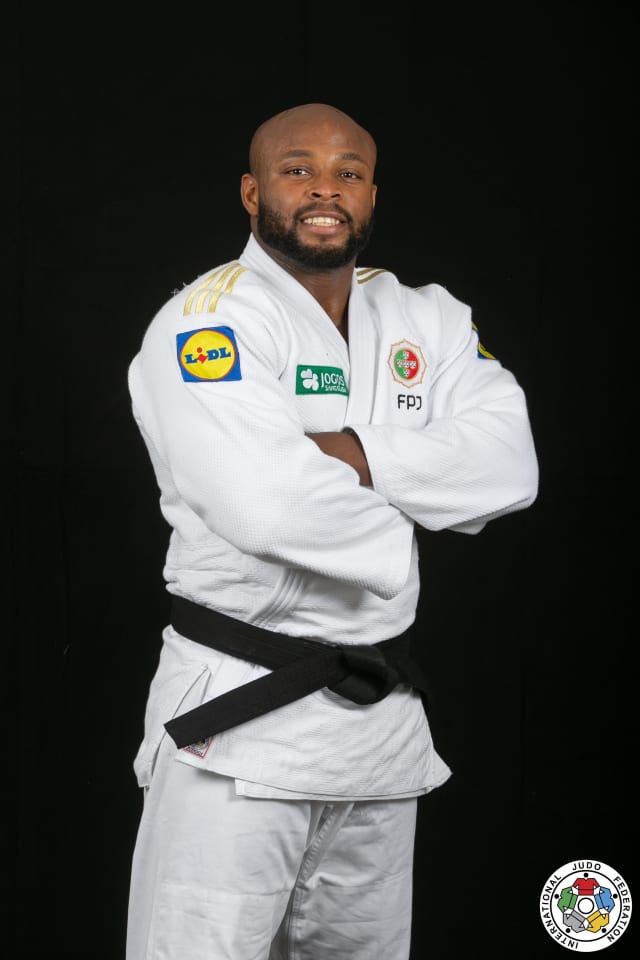It happened a few days ago, simultaneously in several countries. Judo, as usual, was rewarded with prizes for the best athletes of the year, men and women who, due to their talent and effort, shone on the international scene and brought glory and fame to their nations. We are talking about the Olympic Games and world championships, we are talking about the best in sport, about the titles that make the difference between the elect and the rest. That deserves an award!
In Kosovo, a country settled in the elite of judo, Distria Krasniqi, Olympic champion at -48kg and Akil Gjakova, European champion, were awarded the prizes for the best athletes of the year and from here we announce it; while we are proud of Kosovar judo, other sports should raise the bar because judo wins all the awards every year and even if it is deserved, we don't want to be called bullies. Also, Driton Kuka went home with the best trainer award and we're sure he doesn't have much free shelf space in his house anymore because he wins the same award every year.
Jorge Fonseca, the graceful world champion at -100kg, snatched the glory from an Olympic champion in athletics, which says a lot about the feat accomplished by the Portuguese fighter. He is the best athlete of the year because, to give you an idea, his judo is even better than his dance.
The Czech Republic has had a boss since 2016. His name is Lukas Krpalek and he is a double Olympic champion, champion in two different categories and, with these credentials, let's see who is the one taking away the award for the best athlete of the year in his country, nobody else, of course.
In the same way, no one can be surprised that in France and Japan they have rewarded Clarisse Agbegnenou and Shohei Ono, as the best athlete of the year for her and for him, the best male athlete. These two are wonders, the other candidates have a really difficult challenge to attempt to supplant them.
A special mention is deserved for Georgia’s Eteri Liparteliani and Lasha Bekauri, in a small country that is one of the strongholds of world judo. Eteri is the face of female success in a country where judo is eminently male. Lasha is the Olympic champion at -90kg, the golden banner of a country that, together with the Czech Republic of Krpalek, was able to snatch a few minutes of glory from Japan.
All this has immense merit because there are hundreds of countries and hundreds of sports. Judo is still there, at the top, rubbing shoulders with the best, because when it comes to work and sacrifice, hardly anyone is up to our standards.



